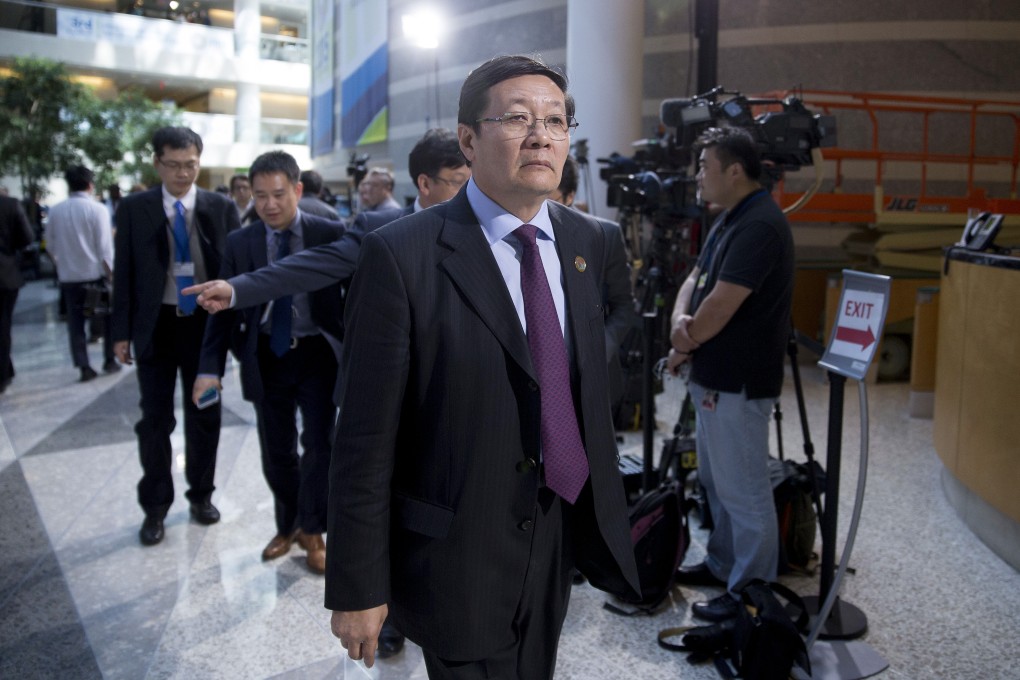Macroscope | China taking aim at reshaping international monetary system

China’s steady encroachment to the heart of global finance could eventually reshape the international monetary system. With the International Monetary Fund and World Bank beset by weak leadership, hamfisted decisions (not least over Greece) and failures in governance reform, China is attempting, from within and outside, to adjust the rules of the two Bretton Woods institutions founded in 1944.
Much depends on whether the Chinese authorities can maintain political stability and steer the country to more sustainable growth in coming years. If China succeeds, we could be witnessing the gradual gestation of an alternative model - let’s call it "Beijng Woods" - that would be much more Asia-focused (and less free market) than the post-war Washington-centric system.
China’s rulers are pushing ahead with measures to strengthen the renminbi - even though it is not fully convertible - to allow it to join the Special Drawing Right, the IMF’s ubiquitous composite unit of account used in official financing and reserves.
The bid to join the dollar, euro, yen and sterling in the IMF’s monetary denominator, in a review process due to be completed later this year, is essentially symbolic, since the SDR is not a currency. Yet for an emerging market economy to take a seat at the top table of world money reserved for industrialised nations would massively promote China’s credentials across global financial and investment markets.
In the last few months the Beijing leadership has been advancing efforts to turn the renminbi into a strong convertible currency, pressed on in allowing two-way flows of investments inside and outside the country, and challenged US financial dominance by establishing the Asian Infrastructure Investment Bank with significant Western support.
China still has a long way to go to gain political stature and leadership commensurate with its economic position.
If the renminbi is to become a fully-fledged reserve currency that could one day rival the dollar, the country will need much deeper financial markets, a sounder and more stable legal system, stronger banks, more transparent reporting standards, and possibly an opening towards democracy.